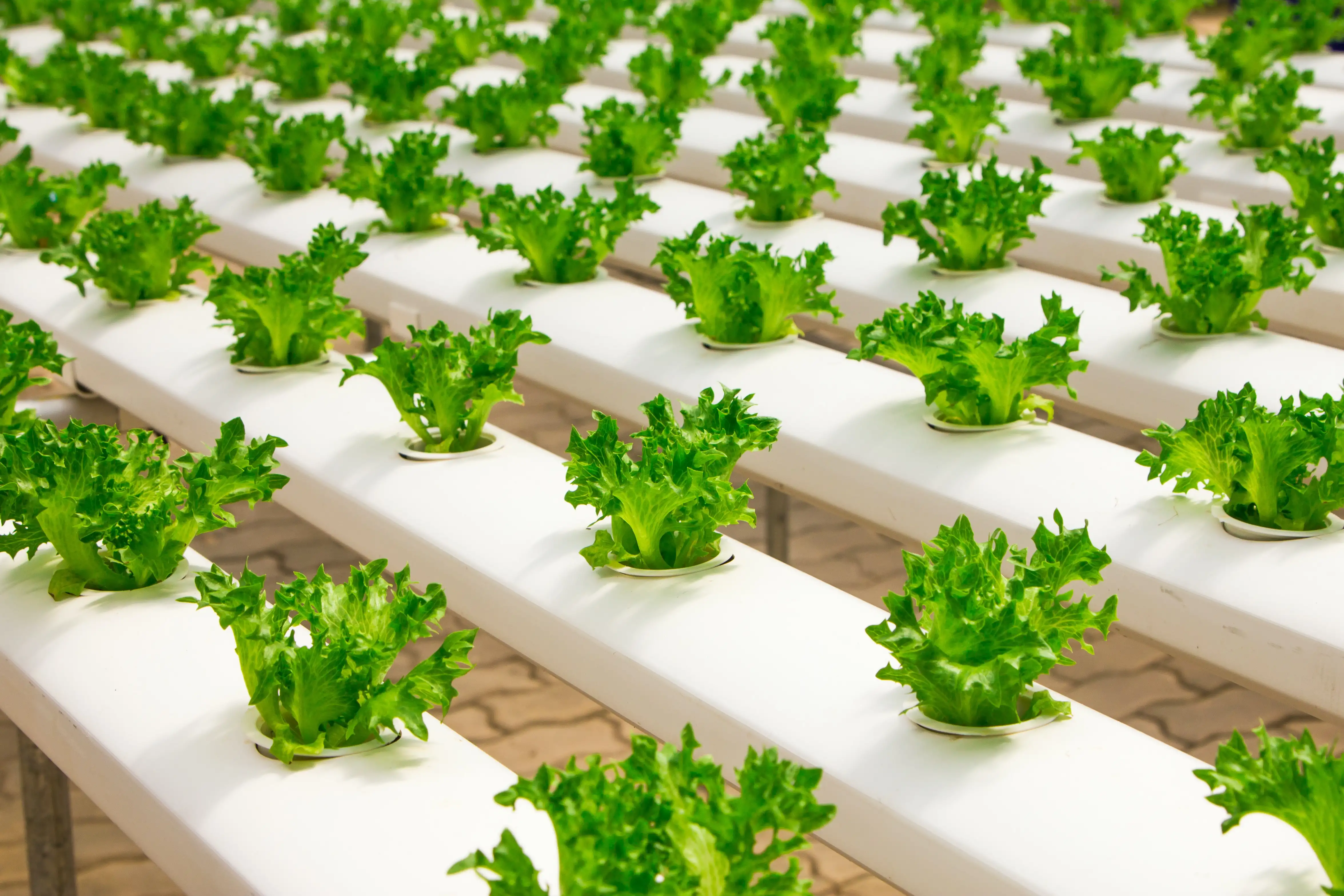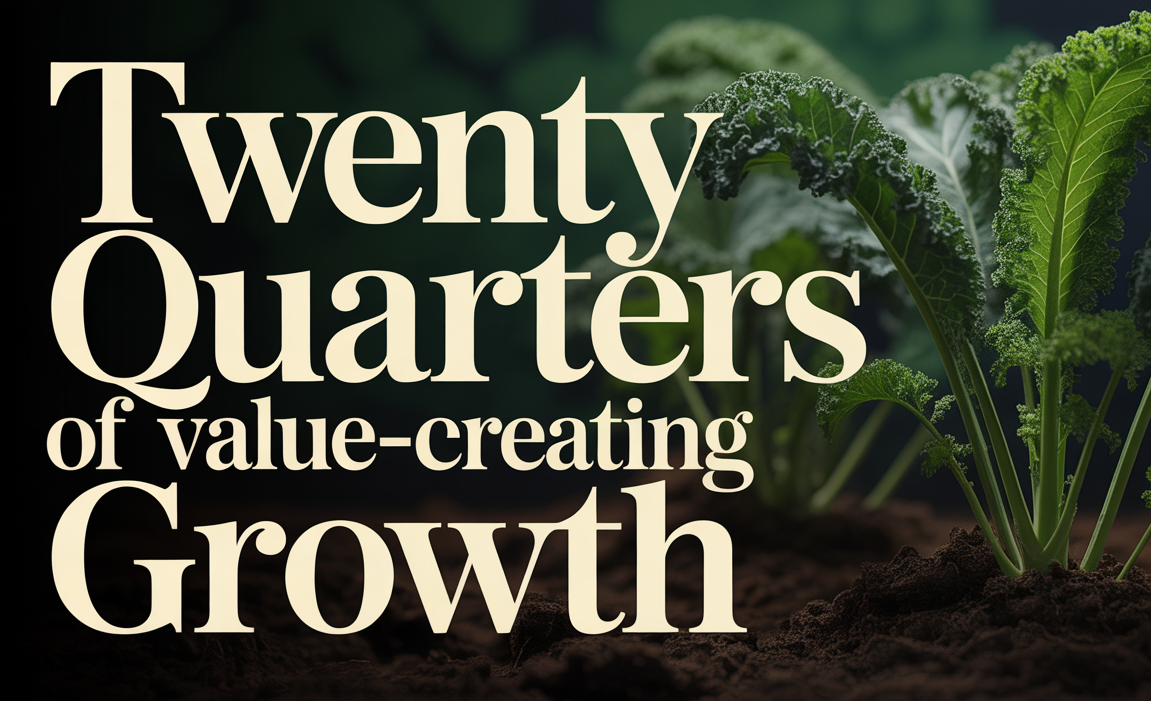
Balancing impact and sustainability to transform food systems
Balancing impact and sustainability to transform food systems
Impact versus Sustainability
Re:food thinks about impact as an objective to create specific environmental or social benefits, with the intention of sparking transformational change across the food system, assessed by the Re:food circle. A company’s impact aspirations are described in the company's mission, vision, and values, and realized and maximized via the products or services it sells.
On the other hand, we think about sustainability as a mindset of operating for success today without compromising future success, assessed by our Environmental, Social, and Governance (ESG) roadmap. Sustainability includes the culture, policies, and procedures a company puts in place to maximize the health of internal stakeholders (like suppliers, employees, community, environment, etc.) and minimize any negative effects of its work.
Food is Solvable ensures that Re:food considers investment opportunities with high impact potential. The companies we source exist to transform food systems, and have business models, products, and services that maximize positive conditions and minimize negative conditions for people and the planet by shifting consumption and production patterns.
However, we’ve found that we cannot assume that a company with high impact potential will also have taken steps to embed sustainability into its culture and operations.
When we put ourselves in the founder’s shoes we understand why. Because impact-forward enterprises are already committed to impact, they are more likely to understand and prioritize the imperative of ESG initiatives like decarbonization targets or Diversity, Equity, and Inclusion (DEI) plans even if their main area of focus isn’t greenhouse gas or social equity. At the same time, we know that these initiatives require diligent stakeholder mapping, data collection, policy development, and continuous improvement ––administrative realities often perceived as cumbersome by the startup community writ large.
While we understand this tension and see it play out every day as we interface with founding teams, we also believe in the business case for balancing impact AND sustainability via ESG. To use one example given above, having the foundation or a path in place for decarbonization is not just good corporate citizenship, it’s good for risk mitigation and cost reduction. Further, creating an inclusive workplace via DEI efforts leads to greater employee satisfaction and retention.
So, what is the secret to balancing sustainability and impact, especially for companies in the business of transformational change? We consulted various external frameworks and developed an ESG roadmap designed for rapidly growing early-stage mission-oriented start-ups.
Are you interested in learning more about how how we balance impact and sustainability in our Theory of Transformation of the global food system? Check out Food is Solvable!



